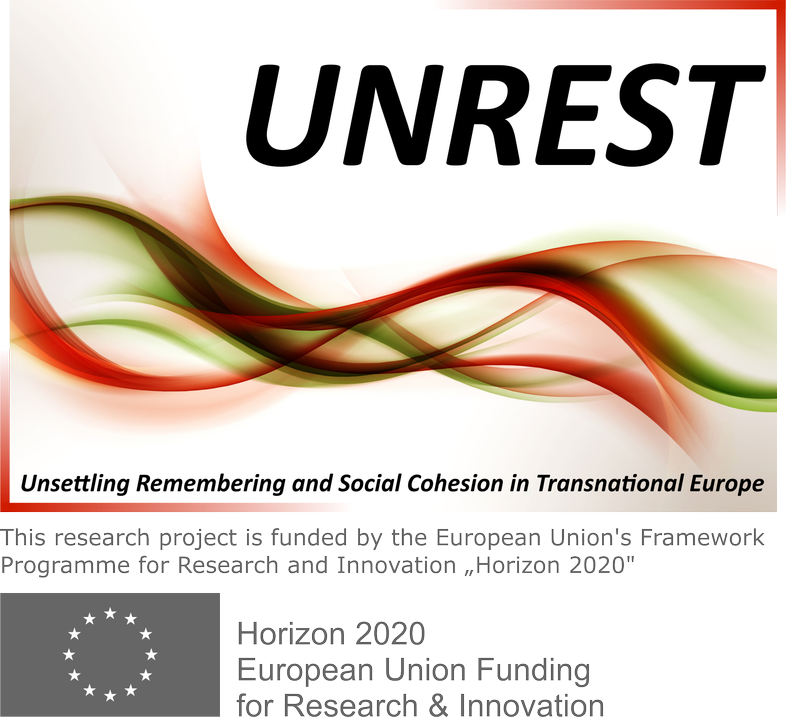Work Package “Mass Grave Exhumations” examines heritage and memory practices and narratives in recent exhumations of mass graves of civilians killed during WWII and two 20th Century intra-state conflicts, both before and after WWII. For WWII (1939-1945), the case study is Poland; for the intra-state conflicts, Spain (1936-1939), and Bosnia-Herzegovina (1992-1995). This work package draws on the growing scholarly debate in social anthropology, the archaeology of conflict, forensic science, history, memory studies and media/cultural studies about the meaning of the exhumation of unmarked graves related to mass violence and genocide in the contemporary world (Crossland 2013, Ferrándiz 2013 and 2014, Ferrándiz and Robben 2015, Luckhurst 2015, Wagner 2007). It also interrogates its function as an increasingly important, if problematic and controversial, tool for the pursuit of human rights and the entitlement to reparations in post-conflict situations, in terms of transitional justice. In turn, they may also often operate to deepen fractures between memory communities and agents. In all cases, such mass graves are unsettling heritage, as defined in UNREST.
This proposal is innovative in investigating contemporary mass grave exhumations as particularly troubling, delicate, dynamic and contradictory memoryscapes (Phillips and Reyes 2011), with a potential to promote both antagonistic and agonistic modes of remembering. Also, the increasing prevalence of exhumations and the corporeal epistemology they elicit –the transnational consolidation of dead bodies as ‘the site and surface of essential but otherwise obscured social truths’ (Klinenberg 2002)— may question the continuing influence of cosmopolitan memory frames rooted in the Holocaust. As exhumations expose the violent past in a blunt, material and initially unmediated way, they are a privileged ground to test UNREST hypotheses, in deep contrast but analytical cross-fertilization with the highly elaborated and institutionalised museums under study in work package “War Museums”.
Although the three cases selected hold some similarities (contemporary exhumations and reburials as a tool for truth and more or less limited forms of reparation for war crimes), UNREST will mostly explore the different ways in which they elicit agonistic, cosmopolitan and agonistic memory frames within Europe. They do so in direct connection to the nature of the killings in each case, as well as to the conditions in which they take place: international judicial umbrella in the Balkans (Wagner 2007), administrative subcontracting system in Spain (Ferrándiz 2013), and institutionalised memory politics in Poland.
